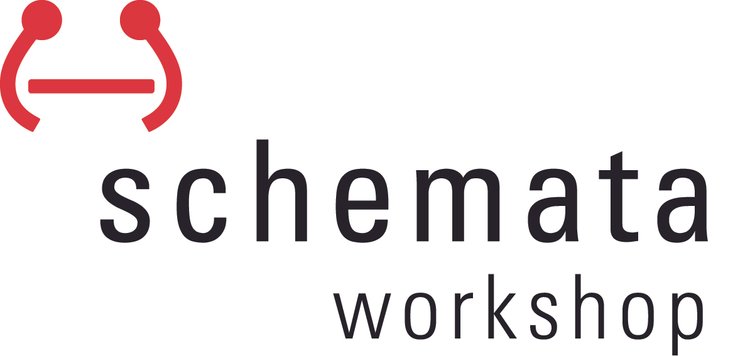Central business districts across the U.S. are experiencing a degree of emptiness. Despite return-to-office efforts, Seattle’s downtown commercial core is currently five times more vacant than before the pandemic. ¹
Many firms have studied the feasibility of converting office space to residential units, with a close eye on existing building types, cost efficiency, and economy of space.² However, an increase in residential units alone will not revitalize downtown.
This proposal offers a vision for a vibrant city center in which the community components of daily life are integrated. Mixed-income housing must be supported by education, work, green spaces, arts, culture, services, and street initiatives. Investing in amenities and a diversity of space types creates resilience and adaptability while supporting a dynamic urban life and transforms underutilized areas into livable, equitable, thriving urban communities.

















